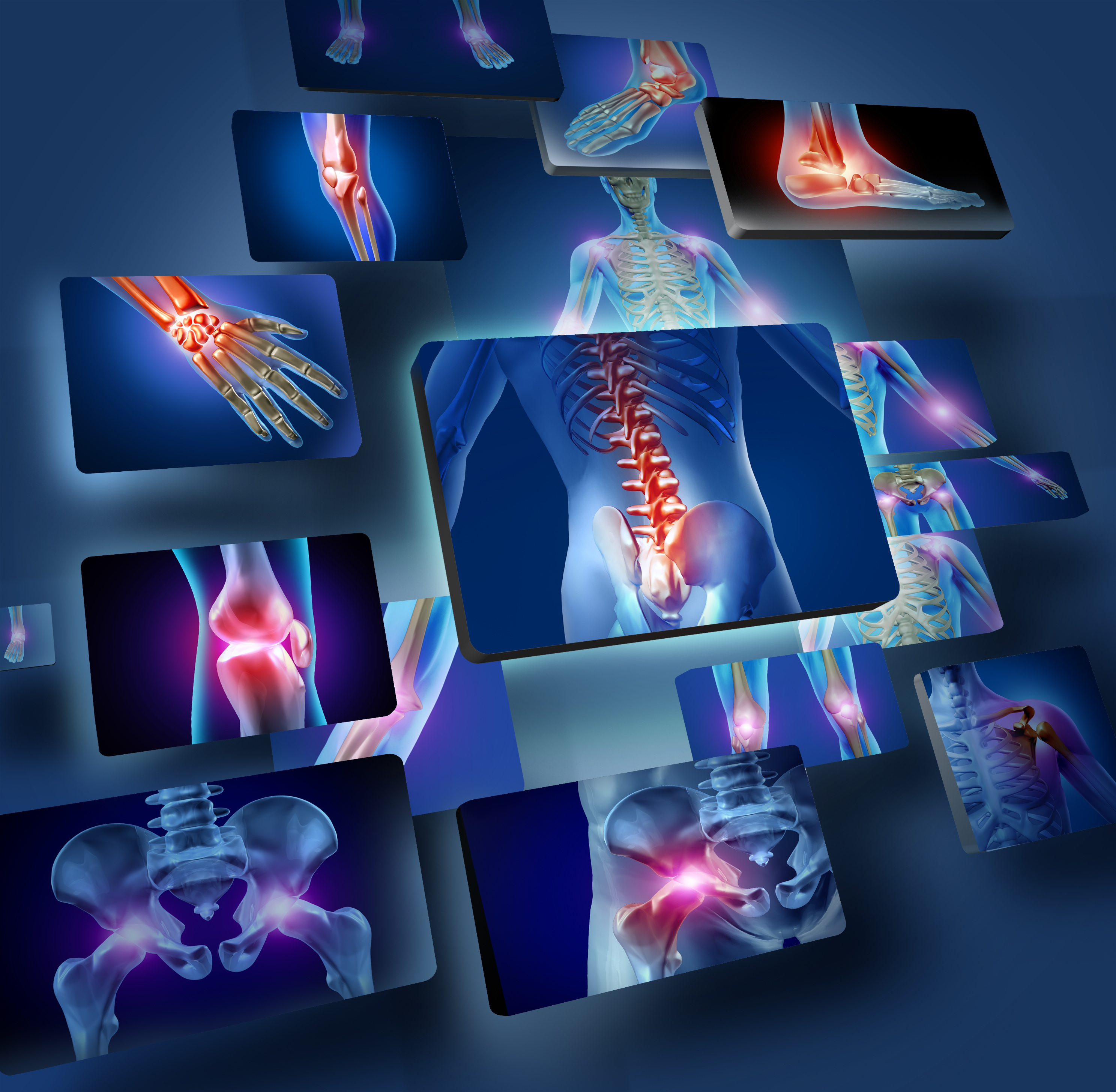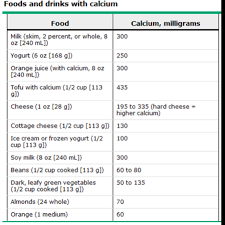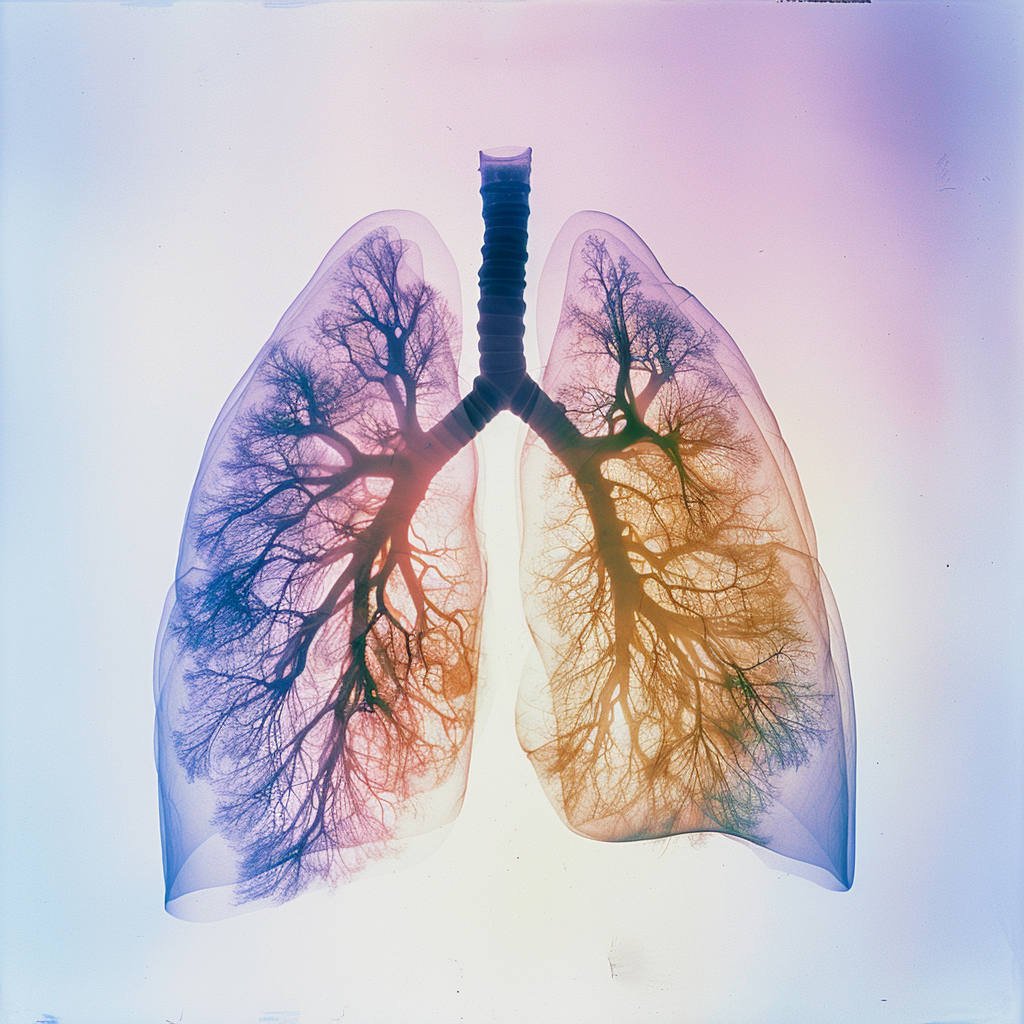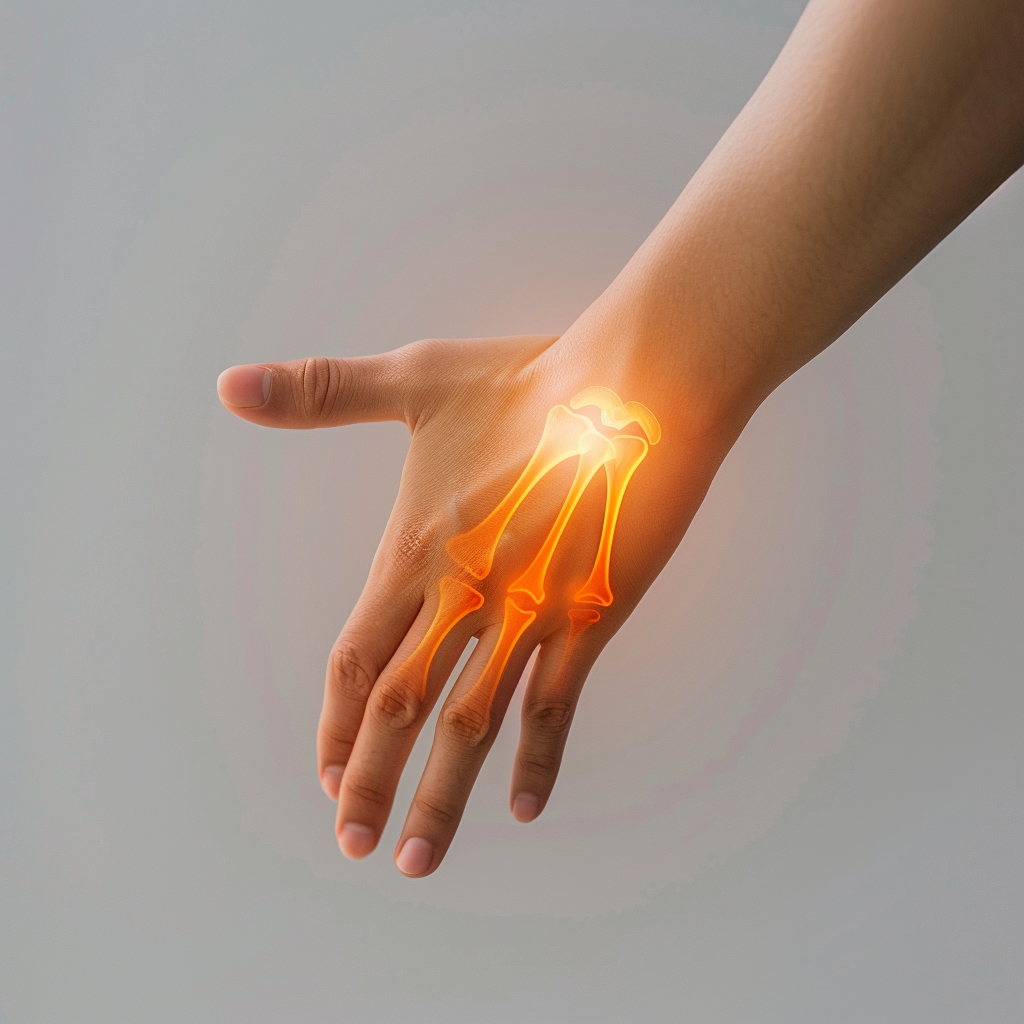قداسة مكة .. رسالة الطب ..إتقان الخدمة

• Osteoporosis is a disease that makes your bones weak. People with the
disease can break their bones too easily. For instance, people with
osteoporosis sometimes break a bone after falling down at home.
• Breaking a bone can be serious, especially if the bone is in the hip. People
who break a hip sometimes lose the ability to walk on their own. Many of
them need care in a nursing home. That's why it is so important to avoid
breaking a bone in the first place.
• Osteoporosis does not cause symptoms until you break a bone. But your
doctor or nurse can have you tested for it. The best test is a bone density test
called the "DXA test." It is a special kind of X-ray.
• Experts recommend bone density testing for females older than 65. That is
because people in this group have the highest risk of osteoporosis. Still, other
people should sometimes be tested, too. Ask your doctor or nurse if you
should be tested.
• Some people learn that they have osteoporosis because they break a bone
during a fall or a mild impact. This is called a "fragility fracture," because
people with healthy bones should not break a bone that easily. People who
have fragility fractures are at high risk of having other bones break.
What can I do to keep my bones as healthy as possible?
• You can:
o Eat foods with a lot of calcium, such as milk, yogurt, and green leafy
vegetables
o Eat foods with a lot of vitamin D, such as milk that has vitamin D
added, and fish from the ocean
o Take calcium and vitamin D pills (if you do not get enough from the
food that you eat)
o Be active for at least 30 minutes, most days of the week
o Avoid smoking
o Limit the amount of alcohol you drink to 1 to 2 drinks a day at most .
• It sounds simple, but you can prevent a lot
of fractures by reducing the chances of a
fall. To do that:
o Make sure all your rugs have a no-
slip backing to keep them in place
o Tuck away any electrical cords, so
they are not in your way
o Light all walkways well
o Watch out for slippery floors
o Wear sturdy, comfortable shoes with
rubber soles
o Have your eyes checked
o Ask your doctor or nurse to check whether any of your medicines might
make you dizzy or increase your risk of falling .

• Yes, there are a few medicines to treat osteoporosis. These medicines can
reduce the chances that you will break a bone.
• Doctors and nurses usually suggest trying medicines called bisphosphonates
first. If those medicines do not do enough or if they cause side effects that
you cannot stand, there are other medicines to try.
How will I know the treatment is working?
• Doctors and nurses often order bone density tests to check if osteoporosis
medicines are working. These are the same tests they use to find osteoporosis
in the first place. Sometimes a blood or urine test is also needed.


